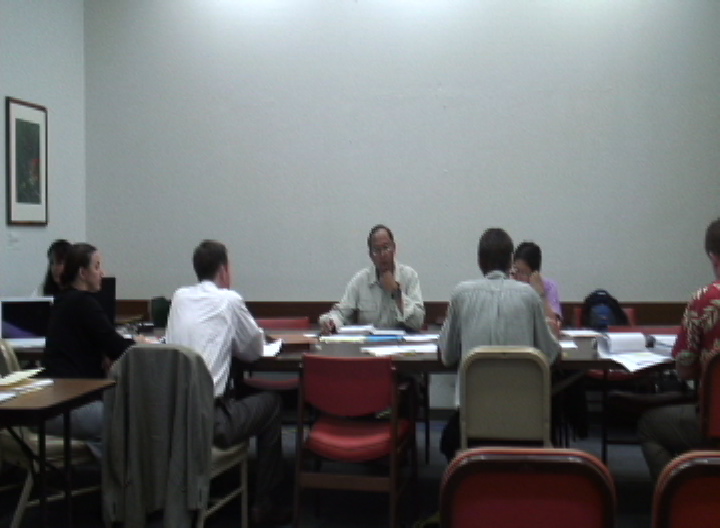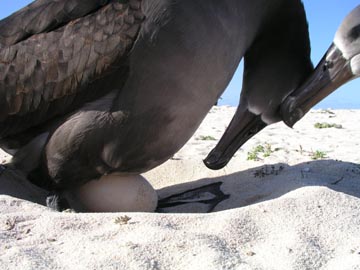Blog
News, updates, finds, stories, and tidbits from staff and community members at KAHEA. Got something to share? Email us at: kahea-alliance@hawaii.rr.com.
being heard? yup, it feels good.
From Marti:
I admit to still being on cloud 9 about the recent announcement of the hearing officer’s decision on KAHEA’s standing to participate in the contested case on the research permit violations in the NWHI. Hooray! What an amazing affirmation of the power of showing up.
We have attended every possible hearing about research permits to the NWHI and raised serious concerns about the lack of enforcement action on these research permit violations. We have shown up to talk about the lack of standards to determine who should be allowed up there and the lack of best practices to ensure their activities do no harm, as the law requires. We have again and again said that these research permit violations are a serious breach of public trust, and that rules should apply equally, no matter who is in violation–everyone should be held to the same standard: fishers, researchers, sight-seers, everyone.
I wish had a dime for every time I’ve heard someone say with regards to these research violations, “Trust me, researchers would never harm the resource.” Talk about totally missing the point. The point is that researchers, like everyone else, are obligated to know and follow the rules put in place to protect this fragile public trust resource. Simple as that. The fact is most people don’t ever to intend to harm the environment, but they do because they don’t follow the rules, don’t think that their actions could have an impact.
It was incredibly empowering to sit at that hearing table – elbow to elbow with HIMB’s attorney and the Attorney General on behalf of DLNR – and have an impartial officer of the court listen to all three sides. We had an equal opportunity to present arguments and evidence. And in the end, this impartial officer said, “Yes, KAHEA brings a meaningful perspective to this discussion and should be party to this case.”
Wow. For that, my faith in the public decision-making process is renewed. We couldn’t have asked for a more meaningful affirmation of our voice and role.
Too often the voices of those most directly affected by the decisions of officials are marginalized or even lost altogether. It is easy for money and politics to drive decisions. But when those influences are stripped away and those who have nothing to give but love for our ‘aina – people like Uncle Buzzy – can sit at a table and be heard on equal terms with all rest… that is when the best decisions are made.
It was these people – those without power or money – that led the struggle for the strongest possible protections in the Northwestern Hawaiian Islands and successfully made their voice heard. And it will be these same people who will continue to ensure that those protections are fully implemented and enforced…. because these protections are nothing if they aren’t enforced, fully.
Hooray, hooray today–for the little guy!
Highlights of KAHEA’s concerns about lack of DLNR enforcement (from our recent webpage update):
The violations were first reported to DLNR staff in May 2006 while the vessel was still in the NWHI. But DLNR staff failed to notify the proper enforcement division, DOCARE, until late February 2007, almost a year after the infractions occurred. No investigators met the ship when it docked in Honolulu to inspect what the researchers brought back with them.
“This is a major problem,” said Marti Townsend, Program Director for KAHEA. “The history of close working relationships between DLNR and HIMB staff has clearly called into question DLNR’s ability to be objective and properly enforce the law.”
Before the incidents were investigated by DOCARE and voted on by the Land Board, staff with the Aquatics Division of DLNR attempted to negotiate a penalty with the researchers at HIMB. The staff brought the enforcement action before the BLNR twice – first in January 2007 and again in July 2007. Both times the staff recommended that the Land Board impose weakened penalties against the HIMB researcher, side-stepping the Refuge’s strict “one strike” law that prohibits future permits to be granted to past permit violators.
“Given all of the tremendous public support for the strongest possible protections, and political will for the creation of these protections, it is astonishing that personal friendships and financial ties still seem to determine the near absolute lack of enforcement of NWHI rules,” said Townsend.







